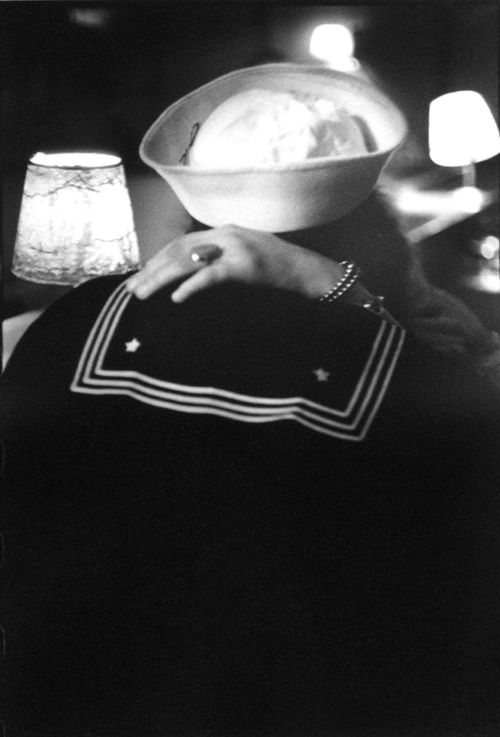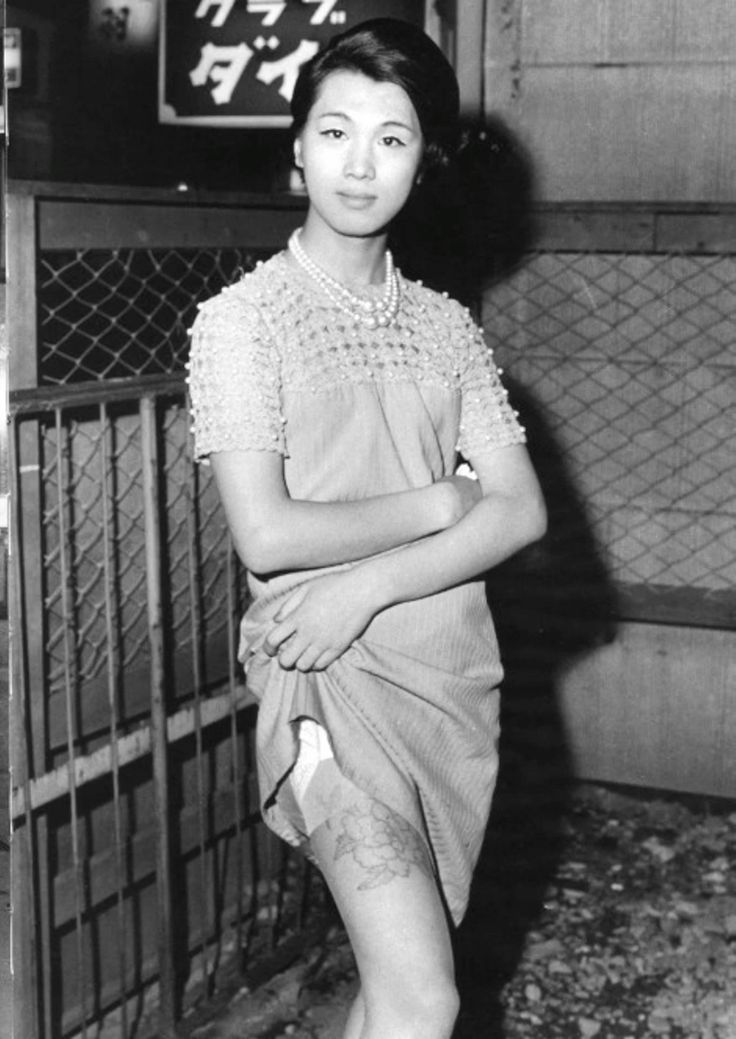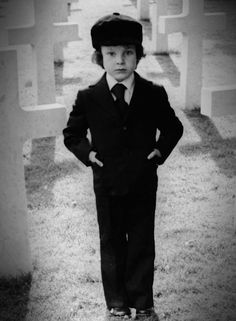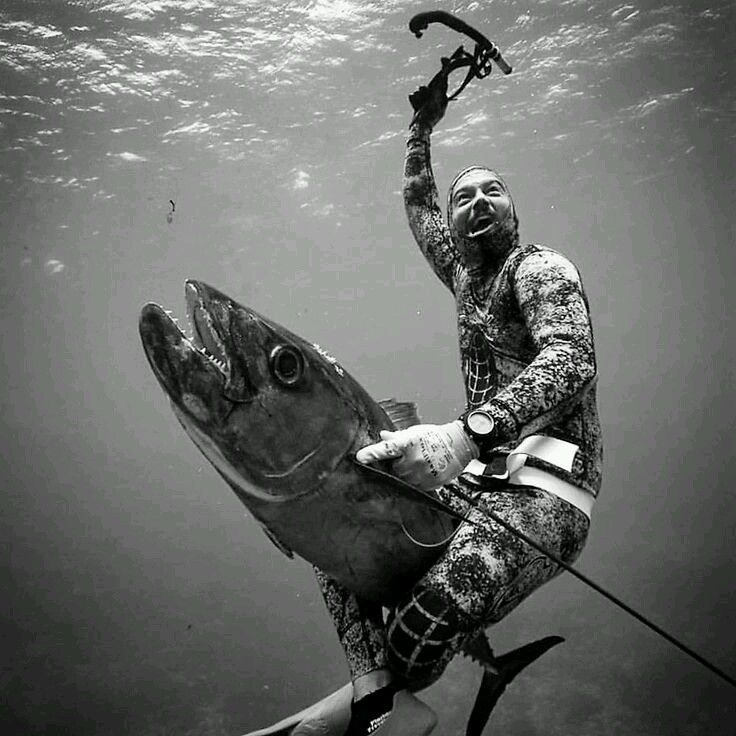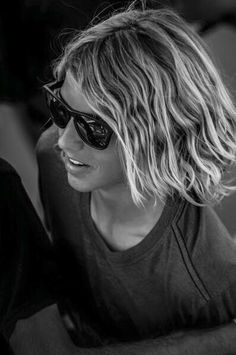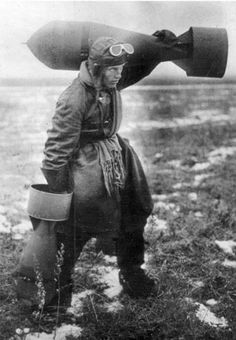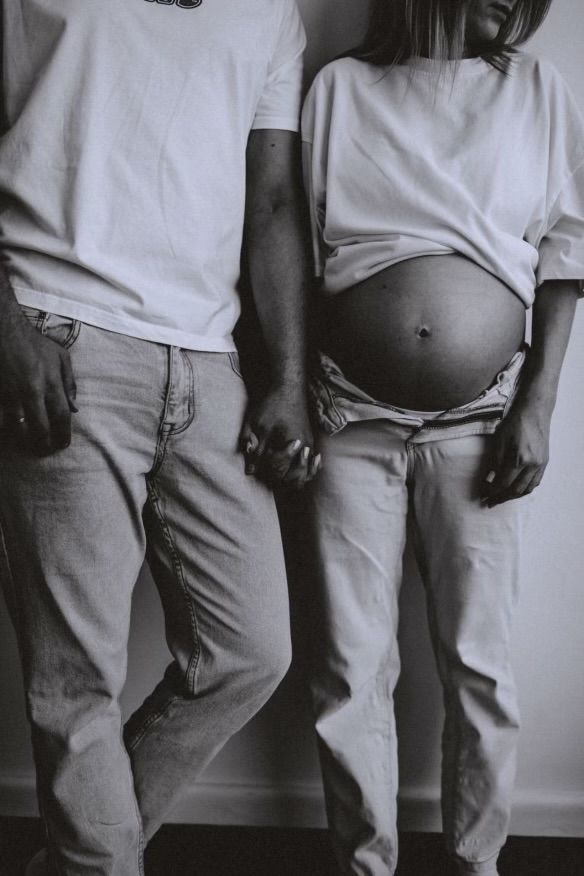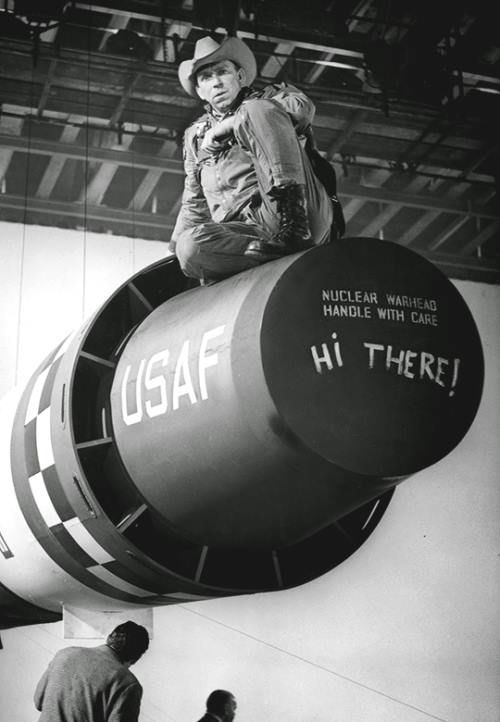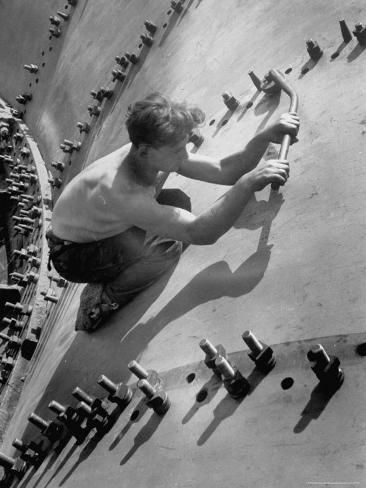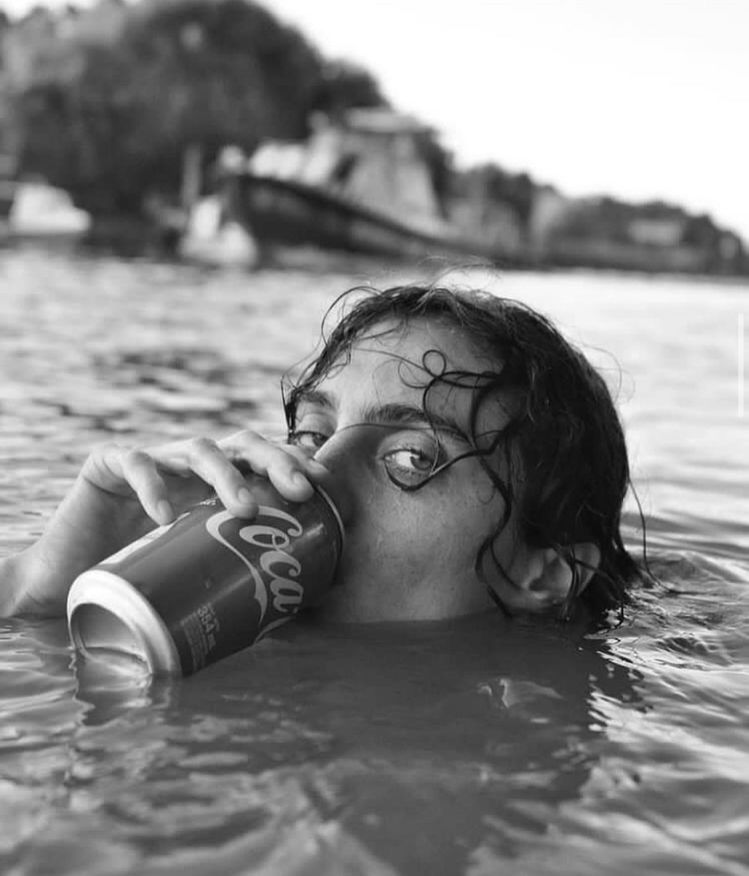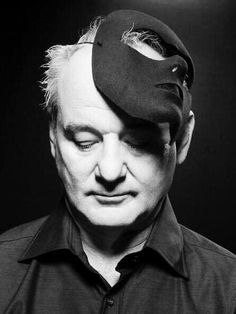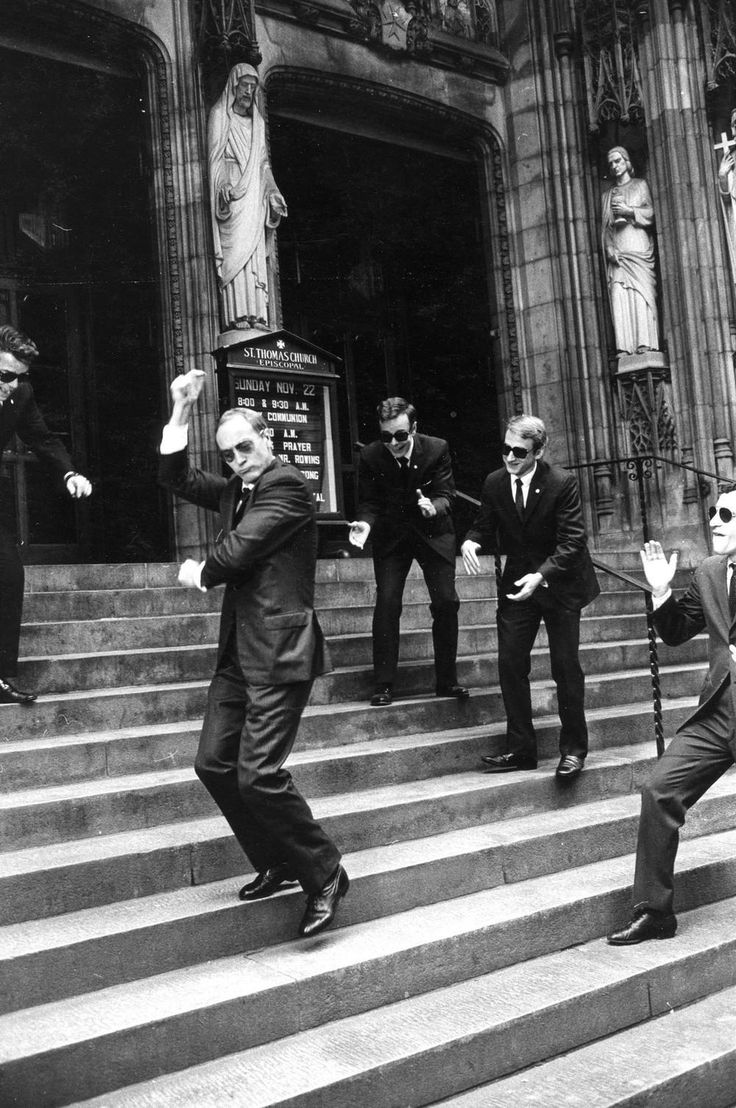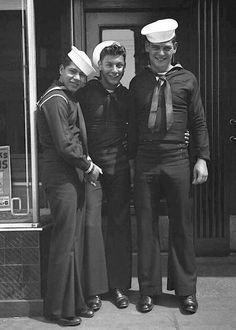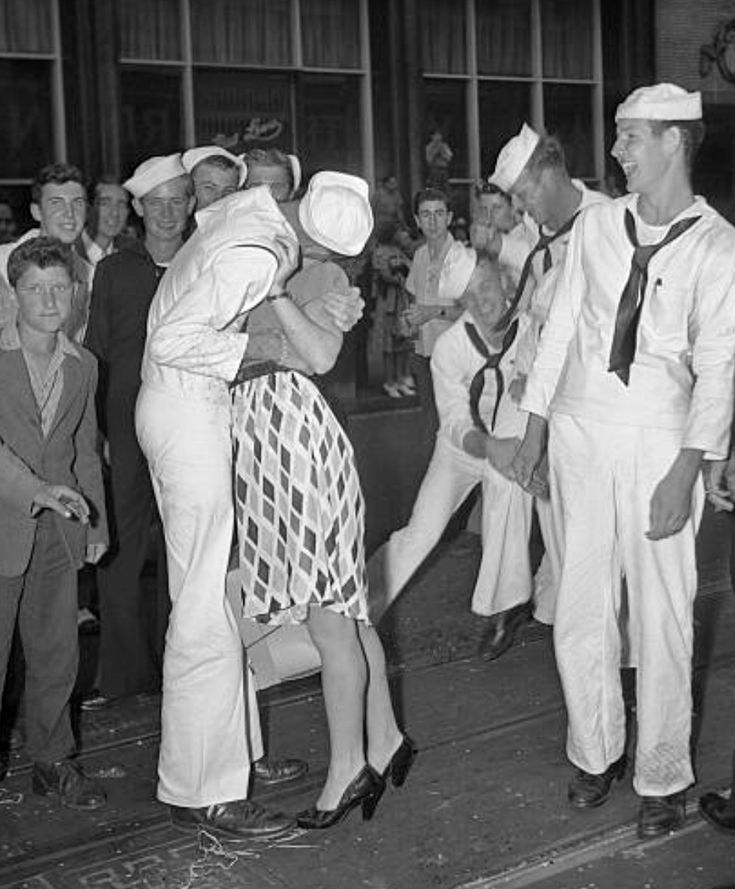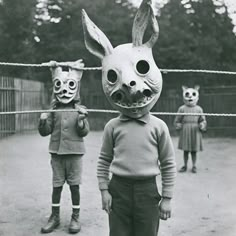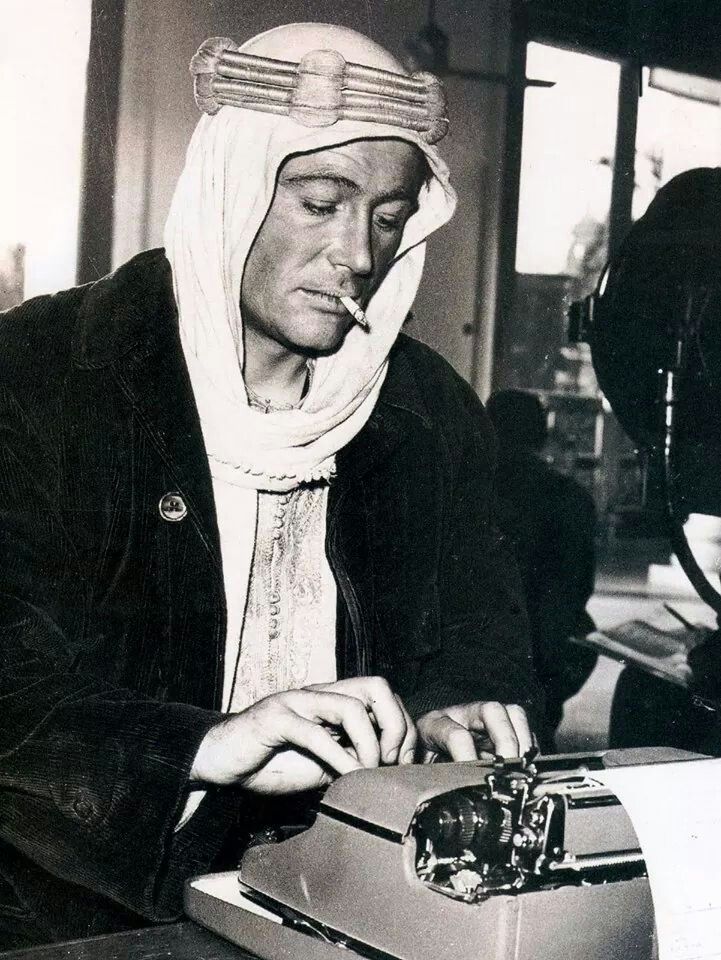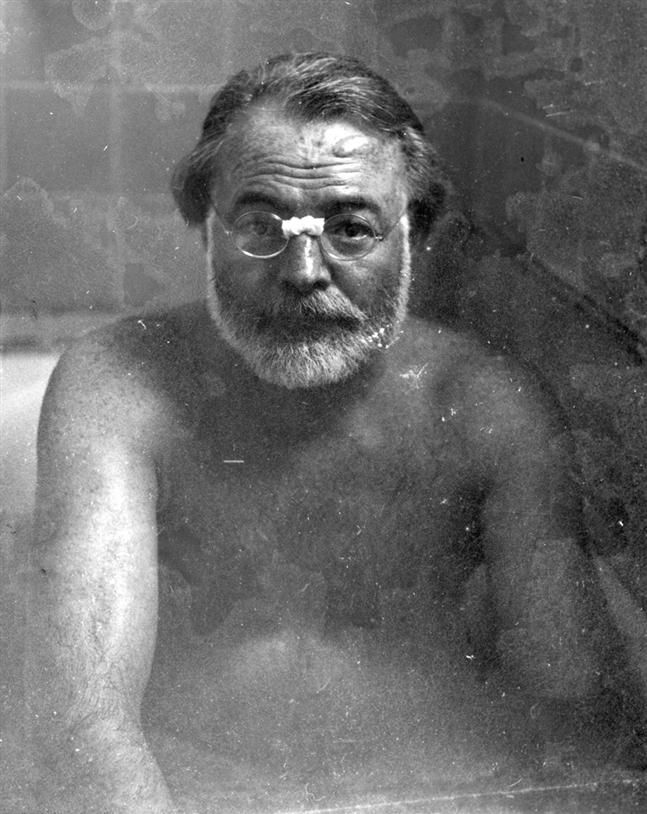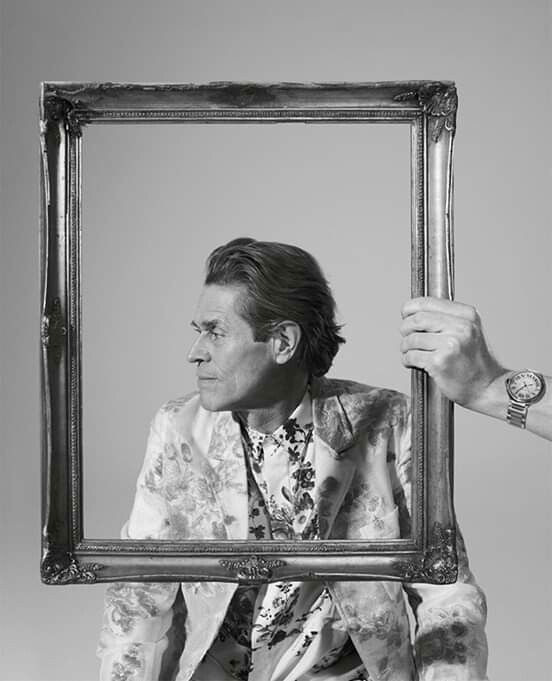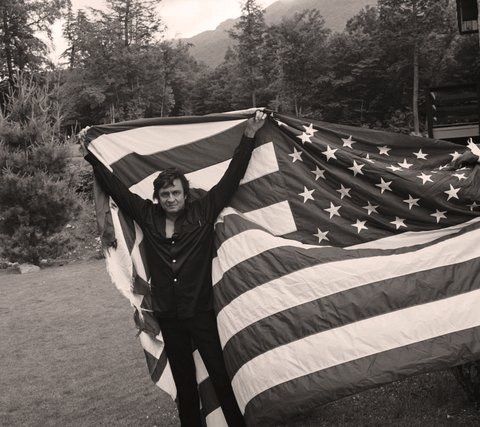Boot camp in San Diego was an exercise in transformation. From the moment they shaved my head and had me stencil my last name on every piece of clothing I owned, I felt the civilian world slip away. Order replaced chaos, discipline replaced freedom, and my days became a series of rigidly scheduled tasks.
Once the dust settled, I took stock of my company. To my surprise, nearly 90% of the recruits were Black. They were strong, confident, and had voices that could command a room—or a marching squad—with ease. It wasn’t long before most of the leadership positions in the company were filled by these men, and they carried themselves with an air of authority that I admired, even envied.
Our company commander was a Navy SEAL, or at least he looked the part. Thick, Popeye-like forearms, tattoos peeking out from under his uniform, a perfectly tilted hat, and a bubble butt that filled out his fatigues. He was the embodiment of everything you’d imagine in a no-nonsense military man. He demanded discipline and had a particular obsession with cleanliness, efficiency, and creative problem-solving.
The first of his brilliant ideas was to simplify cleaning by limiting our use of facilities. Instead of cleaning all five sinks, we’d clean one and leave the rest untouched. The same applied to the toilets—twelve shiny porcelain thrones reduced to a single shared one. All the others were scrubbed and off-limits, gleaming like showpieces in a twisted museum.
Cleaning was an ordeal. Brooms and mops? Forget it. We were to use our hands. To sweep the floor, we laid down wool blankets and dragged them across the barracks in a synchronized dance of dust collection. Window sills and ledges were wiped clean with nothing but bare fingers. It was as absurd as it was grueling, and we all looked ridiculous.
My job was to clean the toilet. Just one. It seemed straightforward enough, but when inspection time came, I apparently didn’t meet the commander’s impossible standards. After a loud tirade about my incompetence, he sentenced me to 100 push-ups and laps around the barracks until I was drenched in sweat. He fired me from my toilet-cleaning duties, declaring me unworthy, and reassigned me as the company’s yeoman.
It was an odd promotion. As yeoman, my responsibilities included tracking sunrise and sunset times and standing inspections in a perfectly pressed uniform while others marched and did push-ups. I wasn’t complaining.
One of my more memorable encounters came in the showers. Boot camp is stressful, and tempers ran high. One of the chiseled, muscular recruits—a Southern man with a thick accent and an afro—took issue with my humor.
During one shower session, his patience snapped. I made a joke that didn’t sit well, and he lunged at me, yelling with rage. His toned body, dripping wet, moved with the power of a freight train. Others rushed to hold him back, his massive arms swinging wildly, his voice echoing off the tile walls.
Amid the chaos, I couldn’t help but notice the man’s impressive endowment—a literal elephant trunk that swung with each attempt to break free. It was hard to take the situation seriously with that sight burned into my memory, and my laughter didn’t help diffuse his anger.
The next day brought swimming trials, and that’s where things took an unexpected turn.
Swimming trials were held under the watchful eyes of real Navy SEALs. We stood in a line, clad in our white T-shirts and dungaree jeans, waiting to climb a 40-foot ladder and jump into the pool. The task was straightforward: jump in, use your pants to create a makeshift flotation device, and stay calm for 10 minutes.
The 40-foot drop was intimidating, a stark reminder of the height of a ship’s deck. I took the plunge, followed the instructions, and passed. But as I treaded water in the shallow end, I watched as the majority of my company struggled.
For many of the recruits, this was their first time seeing the ocean, let alone swimming in a pool. The man who had threatened me in the shower stood trembling at the top of the ladder, his voice cracking as he said, “I can’t do it!” One by one, recruits floundered in the pool, their fear overtaking them.
Over 70% of our company failed the swim test that day. Those of us who passed were tasked with trying to teach the others. It was a humbling experience, watching strong, confident men brought to their knees by something as simple as water.
By the end of the day, many were sent home, unable to meet the Navy’s requirements. With the threats to my safety gone, I could finally shower in peace.
Despite the setbacks, our company excelled in other areas, particularly sports. Volleyball became our crowning achievement, thanks to a game where I spiked the ball so hard it broke an opponent’s nose. Blood poured from his nostrils as the ball ricocheted across the court. Our company commander, ever the competitive spirit, was thrilled.
We were decorated and celebrated, a shining example of what a boot camp company could achieve.
Graduation was a proud moment. My grandmother and mother attended, their faces beaming as they watched me march in formation. For a brief moment, I felt like a star, a far cry from the 17-year-old who had signed up for the Navy to escape a tumultuous home life.
Boot camp was more than just a physical challenge—it was a test of mental endurance, camaraderie, and adaptability. I learned to navigate diverse personalities, face my fears, and find humor in the absurdity of military life.
Looking back, those weeks in San Diego were a turning point. They stripped away the boy I was and began shaping the man I would become. I carried the lessons of saltwater and sweat with me, a foundation that would support me in the years to come.


